In the framework of approaches there are monetary and non-monetary methods for defining the poverty line. So, at the end of May 2021, for the first time, a preliminary estimate of monthly minimum expenditure basket (MEB) of household in Uzbekistan was announced
MEB per household member amounted to 440,000 sums per month, of which food expenditures accounted for 69% and non-food expenditures - 31%. Thus, the country has attempted to measure monetary poverty.
Over the next 5 years, using the experience of other countries, the social protection system in Uzbekistan will be significantly improved. To achieve the set objectives, it is planned to simultaneously study non-monetary methods for measuring poverty.
To achieve the set objectives, it is planned to simultaneously study non-monetary methods for measuring poverty. In particular, the UNICEF method - Multidimensional Overlapping Deprivation Analysis (MODA) and the UNDP method - Multidimensional Poverty Measure (MPM).
A seminar on "Measuring Multidimensional Poverty in Uzbekistan" was held at the Center for Economic Research and Reforms (CERR) to this goal.
The seminar was organized by the UNICEF Country Office in Uzbekistan with the support of the UNICEF Regional Office for Eastern Europe and Central Asia and the UNICEF Research Center (Innocenti).
CERR, in cooperation with UNICEF, initiated the project “Improving social support systems for children and mothers in Uzbekistan”, within which experts will develop a methodology for multidimensional measurement of poverty in Uzbekistan. Based on the developed methodology, the Family Welfare Index will be introduced in Uzbekistan.
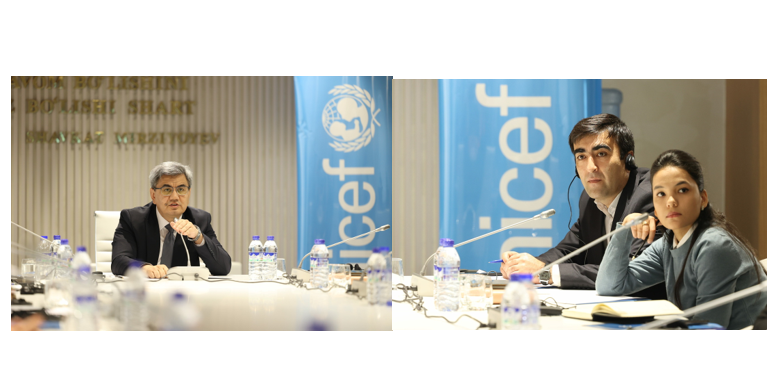
The Seminar was attended by responsible employees of relevant ministries and departments. International experts from the UNICEF Research Center (Innocenti) Gwyther Rees and Alessandro Carraro presented information on international experience and best practices in measuring multidimensional poverty, by giving practical examples from Georgia, Kazakhstan, and Montenegro. The seminar participants also discussed the implementation of the presented methods in Uzbekistan.
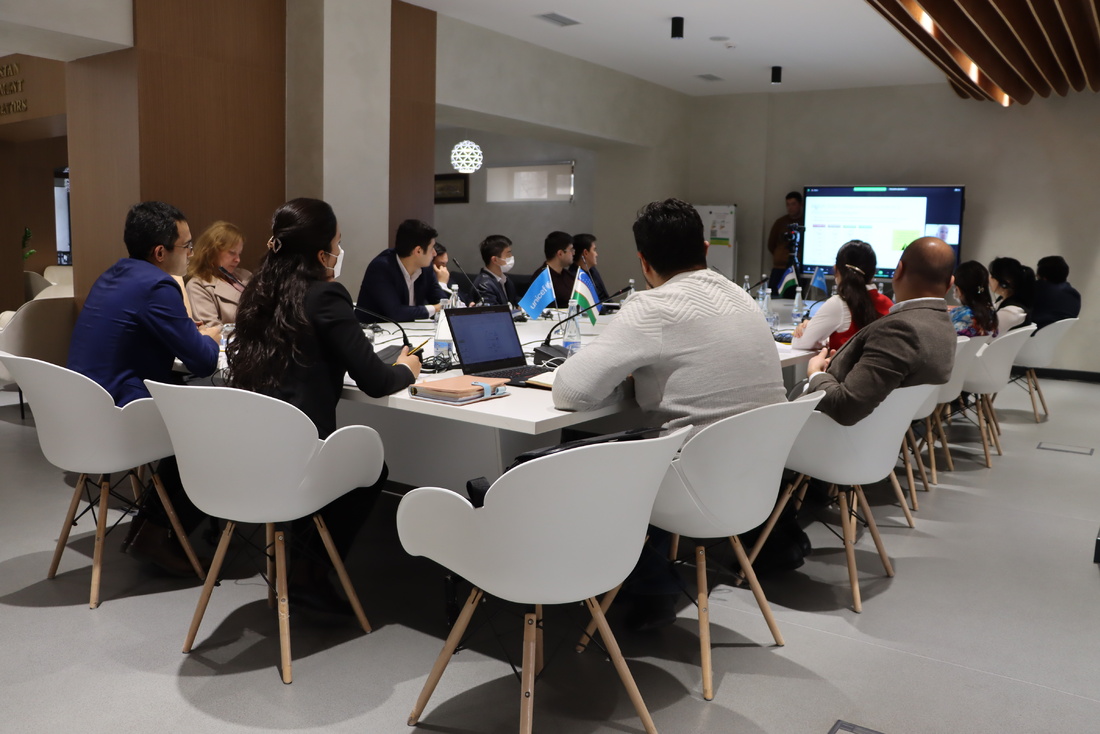
International experts also noted that not many countries around the world have successfully implemented the Child Well-Being Index. And the work that has begun in this direction undoubtedly pushes Uzbekistan to the forefront.
“Interest in measuring the level of well-being of a family or a child began in the 1970s. This is related to the GDP and the well-being of the country as a whole. A multidimensional approach to measuring well-being has been introduced relatively recently in the last decade, ” said Gwieser Rees.
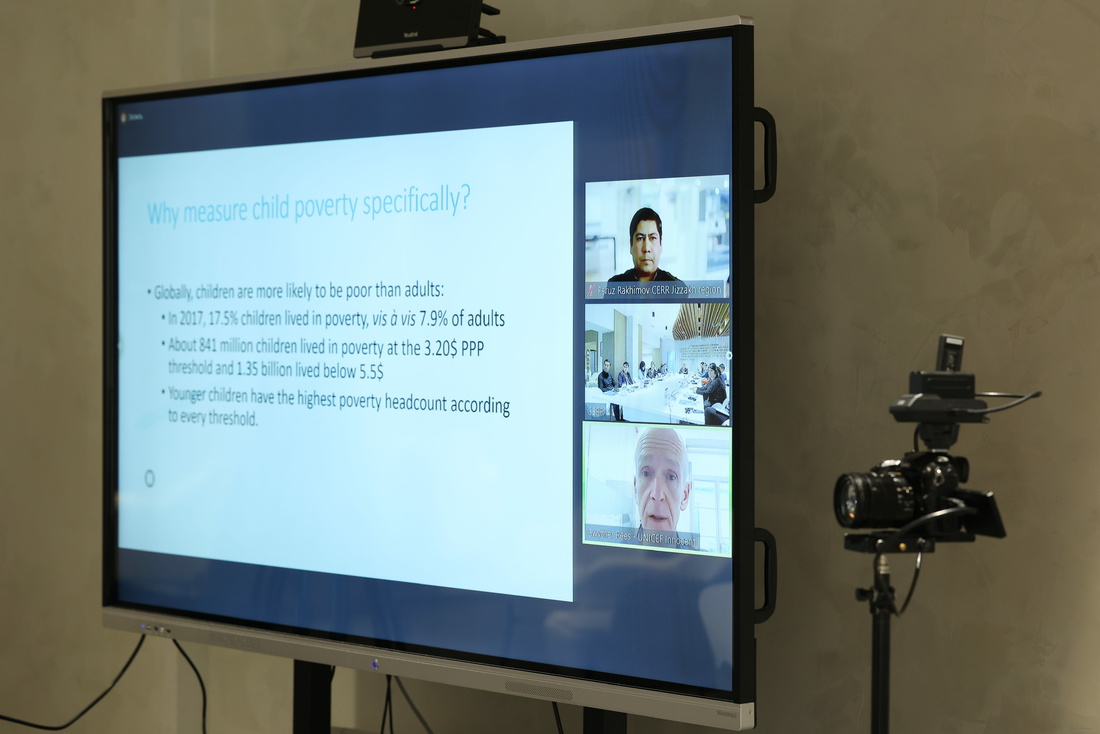
There was a lack of a generally accepted definition of the well-being of an individual or family. Usually this concept consists of several components such as: access to health care, education, quality food, housing, employment and other similar opportunities. The experts noted that Uzbekistan's use of a wide range of methods to measure and reduce poverty deserves attention.
The participants of the event noted that holding a practical seminar is an opportunity to exchange experiences and opinions with international experts on monitoring instruments and policies in the field of the well-being of families and children.
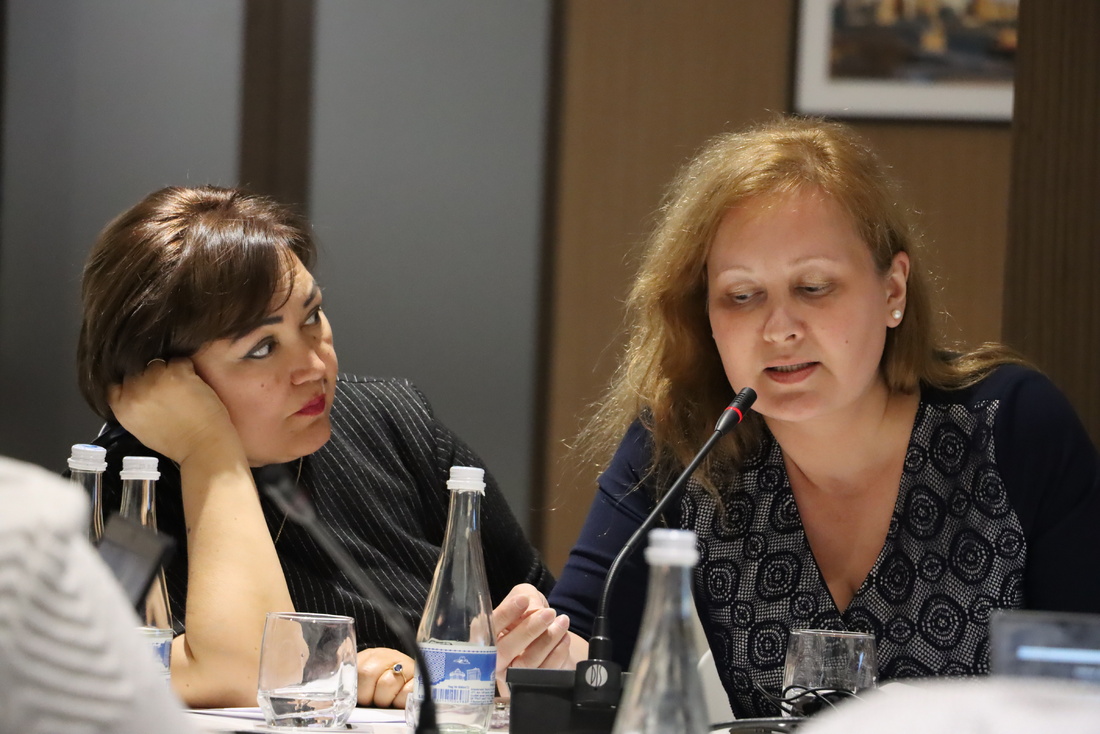
“The obtained data, for example, will allow in the future to model various approaches to determining the size of child benefits, which will allow us to determine the required amount of their increase. Measuring deprivations in relation to housing conditions will allow adjusting the policy for improving social conditions for use by the relevant local executive bodies,” the organizers of the seminar noted.
The seminar is expected to form the foundation for the development and implementation of a national methodology for measuring multidimensional poverty and calculating the Family Well-Being Index.
These measurements will provide useful information for identifying comprehensive measures to reduce poverty and improve the well-being of families in Uzbekistan.
CERR analyzes the economic condition and its development prospects, facilitates sustainable economic growth, an increase in living standards of the population, and also provides scientific support for the implementation of the country's economic strategy and conducts assessment on the ongoing reforms in the country.
Public Relations Service CERR

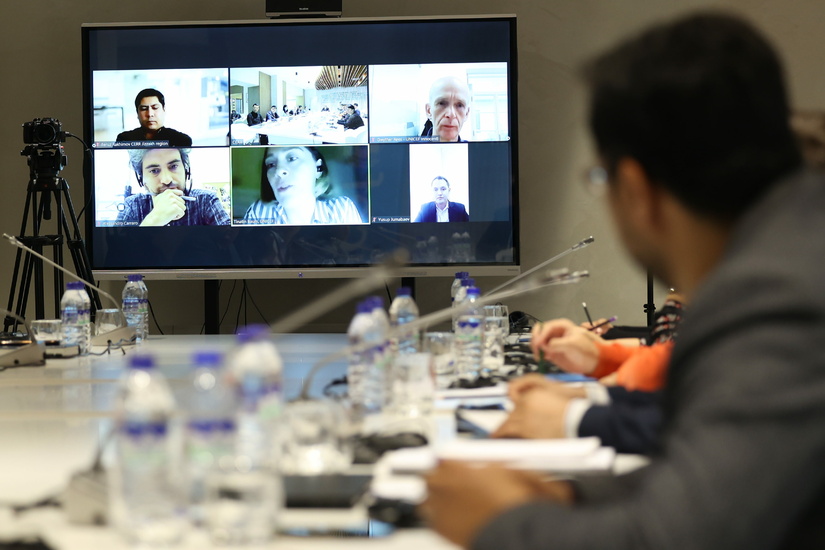
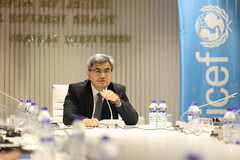
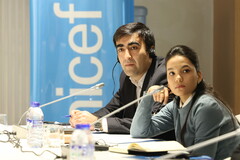
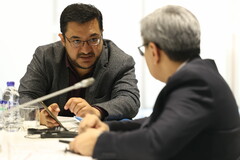
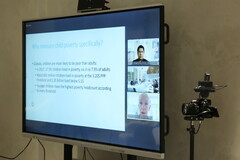
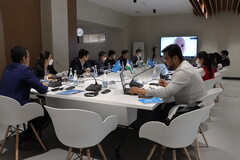
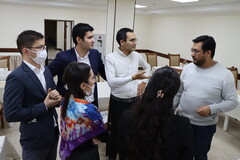
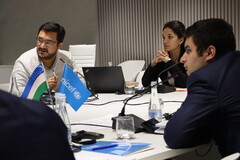
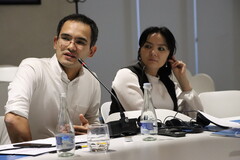
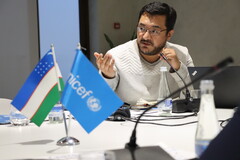
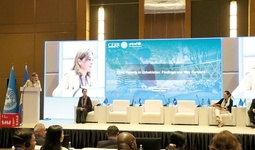
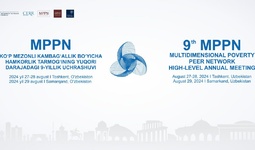
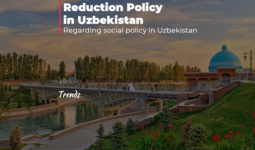
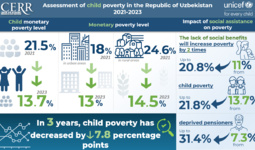
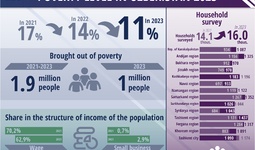
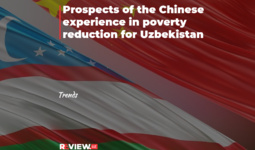













leave a comment